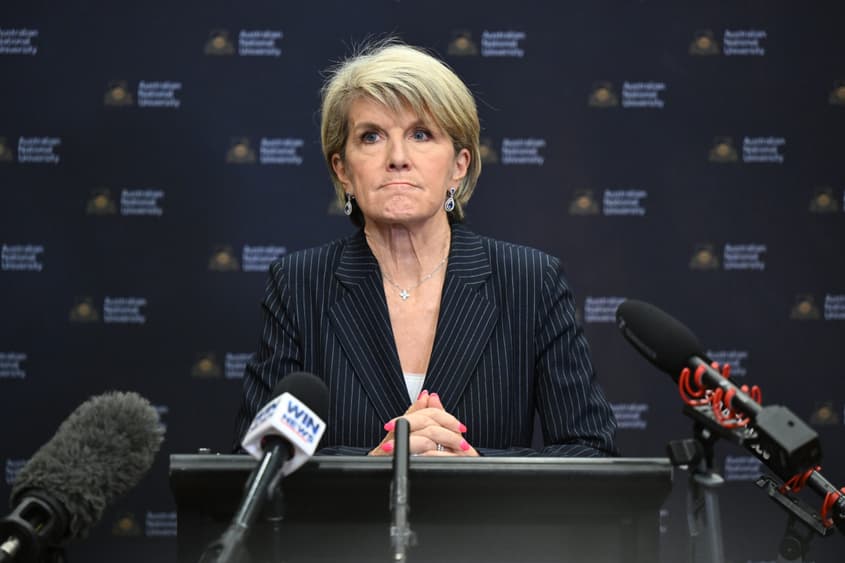Between a 'financial crisis', the vice-chancellor's resignation, and bullying allegations, it can be hard to keep up.
Thu 2 Oct 2025 15.00

Photo: AAP Image/Lukas Coch
The Australian National University is the only university created by the Australian Parliament. Its strong research output, prestige, and connections give it influence in global academic networks and make it an attractive place for top students and academics. In June 2025 it was ranked 32nd in the QS World University Rankings, making it fourth in Australia.
ANU made made headlines in October last year when it announced a major restructure to slash $250 million from its operational costs by 2026 – including $100 million in salary cost reductions.
More than 200 workers have either taken redundancies or left since the overhaul began. Staff were even asked to forego a 2.5% increase in their union pay deal last Christmas to help save jobs.
Its leaders have blamed capped international student enrolments and rising expenses for the cost-cutting expedition and reported an “underlying operating deficit” of $142.5 million in 2024.
In July this year, then Vice-Chancellor, Genevieve Bell, said the university had been living outside its means.
Australia’s former Minister for Foreign Affairs, Julie Bishop, was appointed Chancellor of ANU in January 2020. She recently faced allegations of bullying at senate committee inquiry into university governance. In a 25-page response, Ms Bishop rejected claims that she has ‘godlike powers’ or a ‘culture of fear’ and has refused to resign.
Distinguished Professor Genevieve Bell commenced as ANU’s Vice-Chancellor and President in January 2024 and instigated the $250 million cost-cutting exercise soon after. When asking staff to forego their scheduled raise, she announced she was cutting her own pay by 10 per cent. It came to light shortly afterwards she was the second highest paid vice-chancellor in Australia, taking home a $1.1 million pay packet. Professor Bell, a former anthropologist, bowed to public pressure and resigned in September.
Economic researchers at the Australia Institute have analysed ANU’s financial statements and raised concerns the university might be ‘cooking the books’ to manufacture a crisis.
The huge financial losses touted by its leadership are contradicted by the institution’s audited financial statements, with the research paper showing it generated a significant surplus of $89 million last year and $135 million in 2023. ANU also has assets valued at $3.8 billion.
Analysis found the deficit figure of $142.5 million in 2024 wasn’t part of the audited financial statements and was calculated by ANU by excluding more than $232 million in revenue from investments, donations and insurance payouts.
No reason was provided for why the university chose to ignore nearly one quarter of a billion in revenue and exclude money that auditors had deemed necessary to include.
Professor Rebekah Brown, who has most recently worked as Senior Vice-President and Provost at the ANU, has been appointed interim vice-chancellor.
Hundreds of staff turned out to a town hall session to hear her speak and ask her questions. News of Professor Bell’s resignation was met with applause from the audience.
ANU has now abandoned its plans for more forced redundancies, although there are still eight restructures in progress.
The new Vice-Chancellor has vowed to focus on restoring the university’s reputation and improve student numbers.
It’s yet to respond to the allegations in the Australia Institute’s analysis.